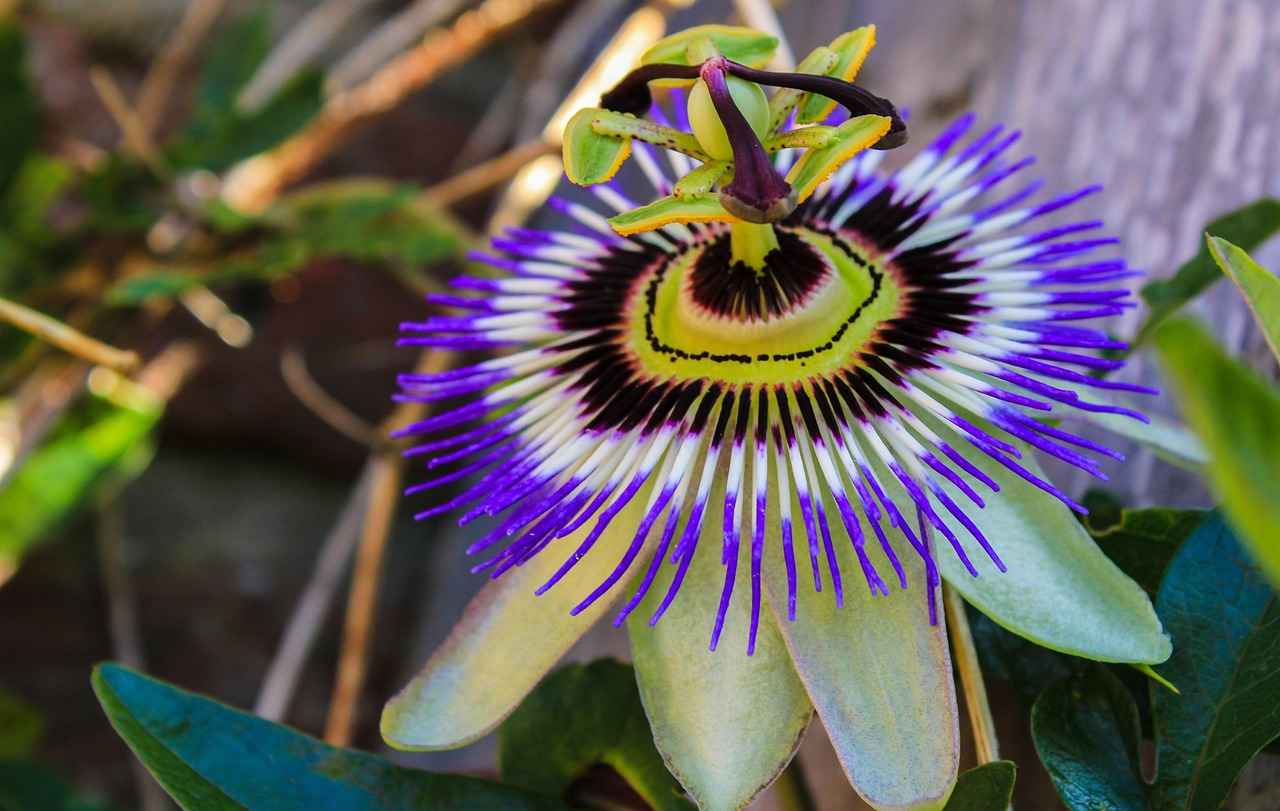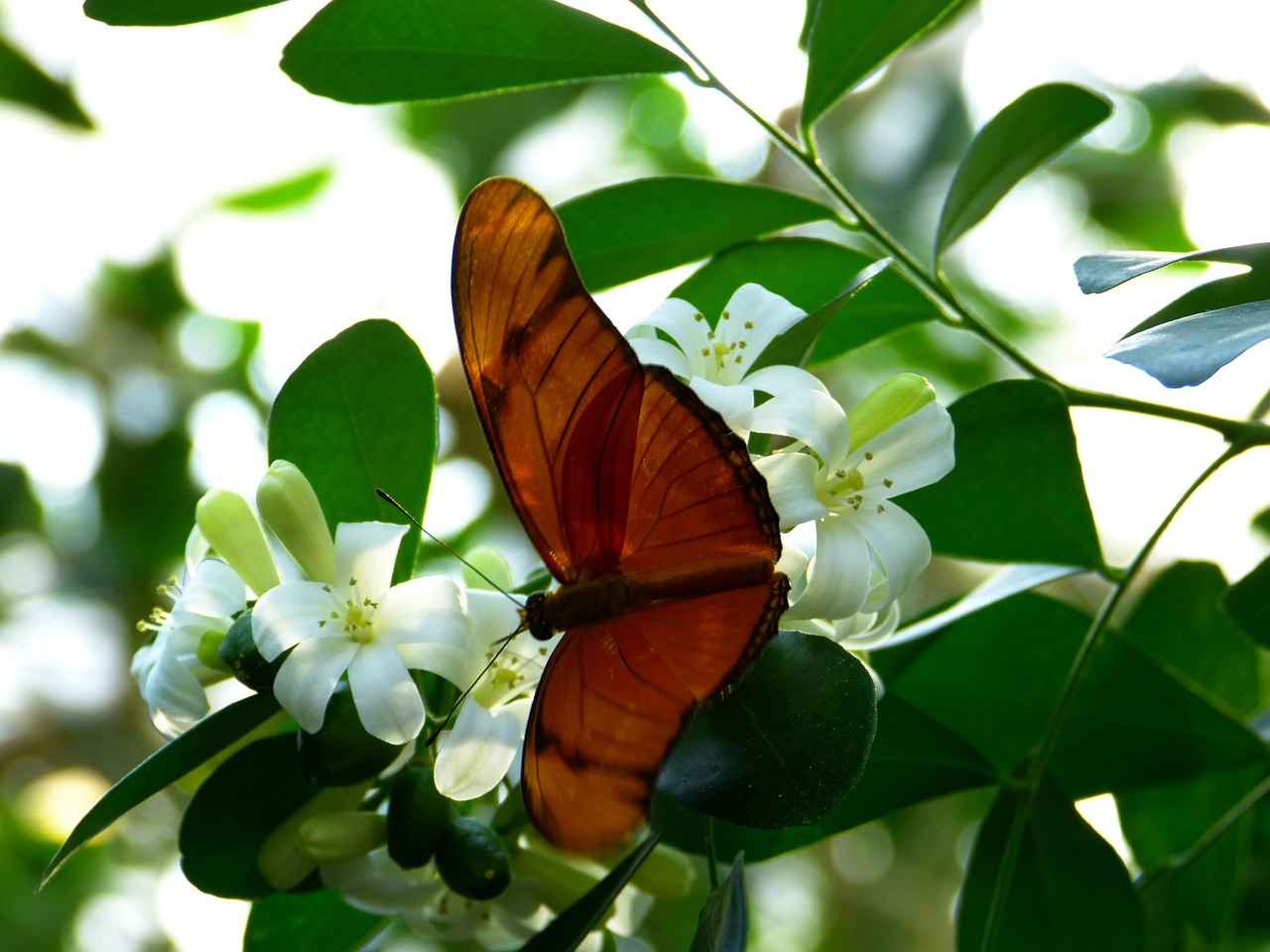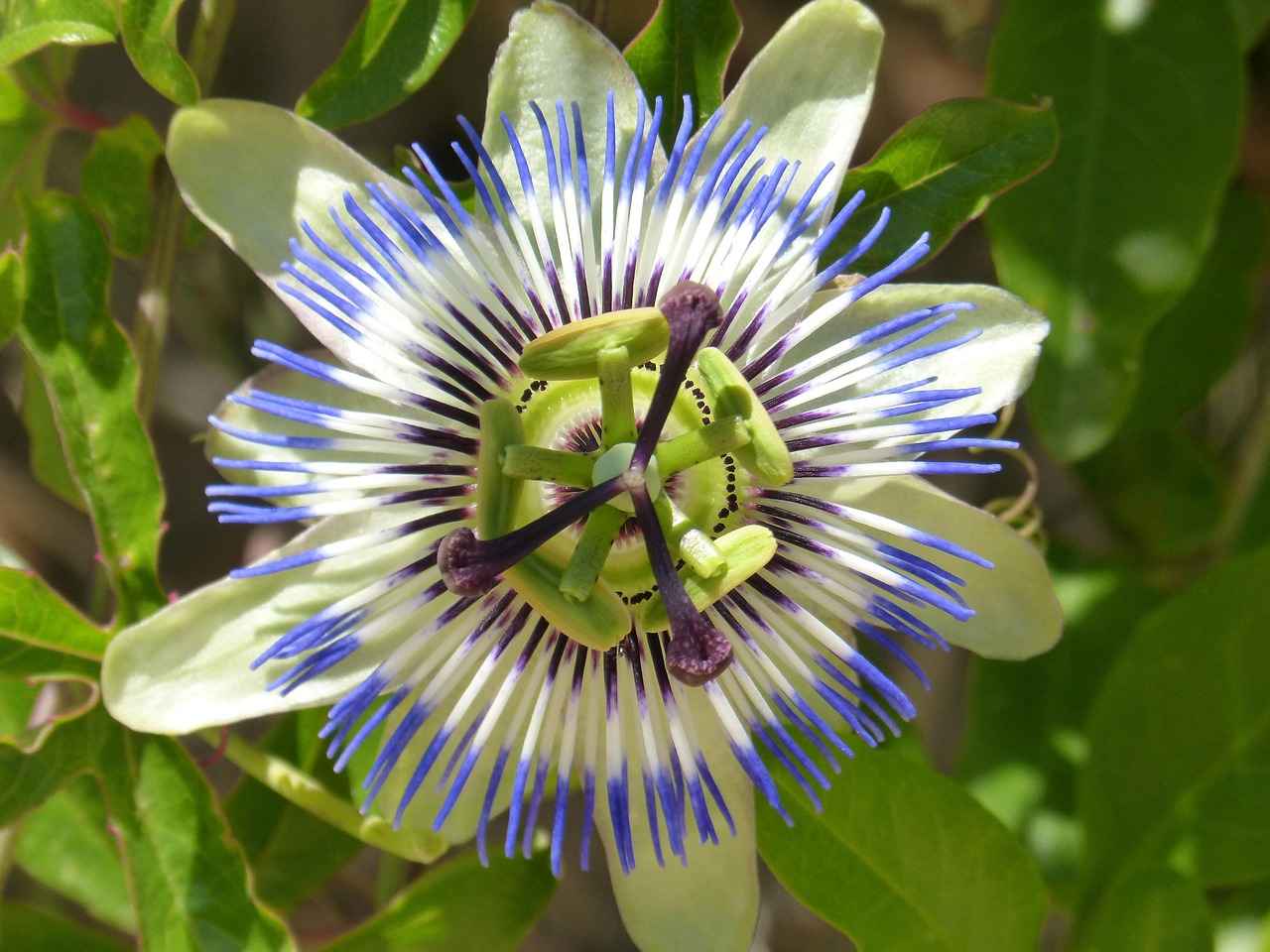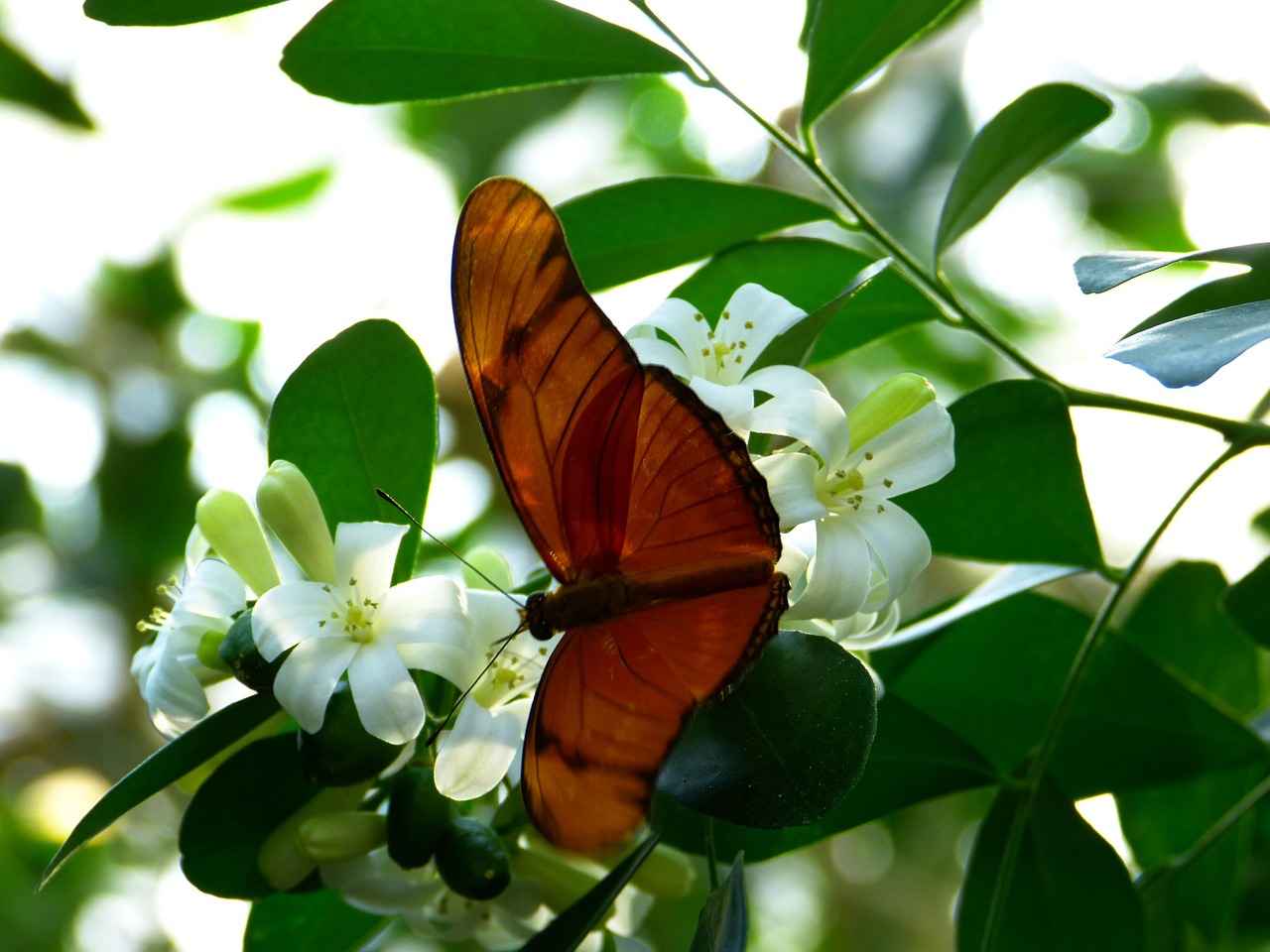This article delves into the various stress-relieving benefits of passionflower, exploring its uses, effects, and how it can be seamlessly integrated into daily wellness routines for enhanced mental health.
What is Passionflower?
Passionflower, scientifically known as Passiflora incarnata, is a flowering vine recognized for its calming properties. This plant is characterized by its unique, intricate flowers and is native to the Americas. Several species of passionflower are utilized for their therapeutic benefits, making it a popular choice in herbal medicine.
How Does Passionflower Work?
The effectiveness of passionflower lies in its ability to interact with neurotransmitters in the brain. This section explains how it promotes relaxation and reduces anxiety by enhancing the levels of gamma-aminobutyric acid (GABA), a neurotransmitter that helps regulate mood.
Active Compounds in Passionflower
- Flavonoids: These compounds are known for their antioxidant properties, which can help reduce oxidative stress and improve mood.
- Alkaloids: Found in passionflower, alkaloids can have sedative effects, aiding in relaxation and promoting better sleep.
Passionflower and Anxiety Management
Research studies have indicated that passionflower can be effective in managing anxiety. Clinical trials have shown promising results, highlighting its potential as a natural remedy for anxiety relief.
How to Use Passionflower
Incorporating passionflower into your routine can be done in several ways:
- Passionflower Tea: A soothing brew that can be easily prepared. Simply steep dried passionflower leaves in hot water for 10 minutes.
- Supplement Forms: Available in capsules and tinctures, these forms offer convenient dosages for daily use.
Potential Side Effects and Precautions
While generally considered safe, it is important to be aware of potential side effects, which may include dizziness or allergic reactions. Always consult with a healthcare professional before starting any new supplement, especially if you have pre-existing conditions.
Conclusion: Embracing Passionflower for Stress Relief
In conclusion, passionflower presents a natural and effective approach to managing stress and anxiety. Its diverse forms and benefits make it a valuable addition to holistic wellness practices, encouraging individuals to explore its potential in enhancing mental health.

What is Passionflower?
Passionflower, scientifically known as Passiflora, is a captivating flowering vine that has gained recognition for its remarkable calming properties. With over 500 species, this genus is primarily found in the tropical and subtropical regions of the Americas. The plant is characterized by its unique and intricate flowers, which often feature a combination of vibrant colors, making it not only a therapeutic herb but also an ornamental delight.
The most commonly used species for medicinal purposes is Passiflora incarnata, also known as purple passionflower. This species is particularly valued for its ability to promote relaxation and alleviate anxiety. The leaves and flowers of passionflower are rich in bioactive compounds, including flavonoids and alkaloids, which are believed to play a crucial role in its therapeutic effects.
Beyond its calming effects, passionflower has been traditionally used to treat a variety of ailments, including insomnia, nervousness, and gastrointestinal issues. Its versatility as a natural remedy makes it a popular choice among herbalists and wellness enthusiasts alike.
In addition to its medicinal benefits, passionflower is often incorporated into various wellness products, such as teas, tinctures, and supplements. These forms not only provide the therapeutic benefits of the plant but also offer a convenient way to integrate it into daily routines.
Overall, passionflower stands out not just for its striking appearance but also for its profound impact on mental well-being. As more individuals seek natural alternatives to manage stress and anxiety, the significance of this remarkable plant continues to grow.

How Does Passionflower Work?
Understanding the mechanism behind passionflower’s calming effects is crucial for those seeking natural remedies for stress and anxiety. This remarkable plant interacts with various neurotransmitters in the brain, primarily gamma-aminobutyric acid (GABA), which plays a vital role in promoting relaxation and reducing feelings of tension.
When passionflower is consumed, it is believed to enhance GABA levels, leading to a tranquilizing effect on the nervous system. This interaction helps to calm the mind and body, making it an effective natural option for individuals dealing with anxiety disorders or stress-related conditions. By modulating GABA activity, passionflower may help to create a sense of well-being and promote better sleep quality.
Additionally, passionflower contains several active compounds, such as flavonoids and alkaloids, which contribute to its calming effects. These compounds possess antioxidant properties that can help reduce oxidative stress, a factor often linked to anxiety and mood disorders. By alleviating oxidative stress, passionflower supports overall mental health, making it a valuable ally in stress management.
Moreover, the sedative properties of alkaloids found in passionflower can further enhance its effectiveness as a natural remedy. These compounds are known to induce a state of relaxation, allowing individuals to unwind and escape the pressures of daily life. As such, incorporating passionflower into one’s wellness routine can provide a holistic approach to managing anxiety and stress.
In summary, understanding how passionflower interacts with neurotransmitters and its beneficial compounds is essential for appreciating its role in promoting relaxation. By leveraging these natural properties, individuals can explore effective ways to enhance their mental well-being and embrace a calmer lifestyle.
Active Compounds in Passionflower
Passionflower, scientifically known as Passiflora, is an intriguing plant that boasts a variety of bioactive compounds known for their therapeutic properties. Among these, the most notable are flavonoids and alkaloids, which play significant roles in promoting stress relief and enhancing mental well-being.
Understanding Flavonoids
- Antioxidant Properties: Flavonoids are powerful antioxidants that help combat oxidative stress within the body. This stress is often linked to anxiety and depression, making flavonoids essential in maintaining emotional balance.
- Mood Enhancement: Certain flavonoids have been shown to positively influence mood by modulating neurotransmitter levels, particularly serotonin and dopamine, which are crucial for emotional regulation.
The Role of Alkaloids
- Sedative Effects: Alkaloids in passionflower, such as harmine and harmaline, are known for their calming effects. They interact with the brain’s GABA receptors, promoting relaxation and reducing feelings of anxiety.
- Sleep Aid: These compounds also contribute to improved sleep quality by addressing insomnia and restlessness, making passionflower a popular natural remedy for sleep disorders.
In summary, the combination of flavonoids and alkaloids in passionflower not only aids in stress relief but also supports overall mental health. By understanding these active compounds, individuals can better appreciate the potential benefits of incorporating passionflower into their wellness routines.
Flavonoids: Nature’s Stress Relievers
Flavonoids are a diverse group of plant compounds that have garnered significant attention due to their remarkable antioxidant properties. These bioactive compounds play a crucial role in combating oxidative stress, which is linked to various health issues, including chronic diseases and mental health disorders.
Oxidative stress occurs when there is an imbalance between free radicals and antioxidants in the body. This imbalance can lead to cellular damage and inflammation. Flavonoids help mitigate this damage by neutralizing free radicals, thereby protecting cells from oxidative harm. Numerous studies have shown that a diet rich in flavonoids can contribute to better overall health and may even improve mood and cognitive function.
One of the most notable benefits of flavonoids is their ability to enhance mood. Research suggests that these compounds can positively influence neurotransmitter systems, particularly serotonin, which is often referred to as the “feel-good hormone.” By modulating serotonin levels, flavonoids may help alleviate symptoms of anxiety and depression, promoting a sense of well-being.
Moreover, flavonoids are found in a variety of foods, making it easy to incorporate them into daily diets. Fruits like berries, citrus fruits, and apples, as well as vegetables such as onions and kale, are excellent sources of these compounds. Additionally, beverages like green tea and red wine are rich in flavonoids, offering a delicious way to boost antioxidant intake.
In conclusion, the incorporation of flavonoid-rich foods into your diet can be a simple yet effective strategy for reducing oxidative stress and enhancing mood. By understanding the benefits of these natural compounds, individuals can take proactive steps towards improving their mental health and overall well-being.
Alkaloids: The Calming Agents
Passionflower, scientifically known as Passiflora incarnata, has garnered attention for its potential health benefits, particularly in the realm of stress relief and relaxation. One of the key components contributing to these effects is its rich content of alkaloids. These naturally occurring compounds are known for their ability to induce a sense of calm and promote better sleep.
Among the various alkaloids found in passionflower, harmine and harmaline stand out for their sedative properties. Research suggests that these compounds interact with neurotransmitters, particularly gamma-aminobutyric acid (GABA), which plays a crucial role in regulating mood and anxiety levels. By enhancing GABA activity, passionflower can help to create a soothing effect on the nervous system, making it an effective natural remedy for those struggling with insomnia or heightened anxiety.
Moreover, studies have indicated that passionflower may improve sleep quality by increasing the duration of deep sleep stages. This is particularly beneficial for individuals who experience restless nights or frequent awakenings. The calming effects of alkaloids also extend beyond sleep, as they may help to alleviate symptoms of stress and anxiety throughout the day.
Integrating passionflower into your wellness routine can be done in several ways. Common methods include consuming it as a tea, tincture, or supplement. Each form offers unique advantages, allowing individuals to choose what best suits their preferences and lifestyles.
In conclusion, the alkaloids present in passionflower serve as powerful agents in promoting relaxation and enhancing sleep quality. By understanding their role and incorporating passionflower into daily practices, individuals can harness the plant’s natural benefits for a more tranquil and restful life.
Passionflower and Anxiety Management
Passionflower has gained attention in recent years as a promising natural remedy for managing anxiety. Numerous studies and clinical trials have demonstrated its potential effectiveness in alleviating symptoms of anxiety, making it an appealing option for those seeking alternative treatments.
This remarkable plant, known scientifically as Passiflora incarnata, has been used for centuries in traditional medicine. Its calming effects are attributed to its ability to interact with neurotransmitters in the brain, particularly by enhancing the levels of gamma-aminobutyric acid (GABA). GABA is a neurotransmitter that plays a crucial role in promoting relaxation and reducing feelings of anxiety.
Research has shown that passionflower can significantly reduce anxiety levels. In a study published in the Journal of Clinical Pharmacy and Therapeutics, participants who took passionflower extract reported a noticeable decrease in anxiety compared to those who received a placebo. This finding is further supported by clinical trials that highlight the herb’s potential to improve overall mood and emotional well-being.
Moreover, passionflower is often compared to conventional anti-anxiety medications, with some studies suggesting it may offer similar benefits without the associated side effects. This makes it an attractive option for individuals seeking a more holistic approach to managing their anxiety.
Incorporating passionflower into your daily routine can be done in various ways, such as through teas, tinctures, or capsules. Each form offers unique benefits and can be tailored to individual preferences. However, it is essential to consult with a healthcare professional before starting any new supplement, especially for those with existing health conditions or those taking other medications.
In conclusion, passionflower presents a natural and effective option for managing anxiety. Its ability to promote relaxation and improve mood makes it a valuable addition to holistic wellness practices. As research continues to unveil its benefits, passionflower may become a go-to remedy for those seeking relief from anxiety.

How to Use Passionflower
Incorporating passionflower into your daily routine can be an effective way to reap its numerous health benefits. This section outlines various methods of consumption, optimal dosages, and preparation techniques to ensure you receive the maximum advantages from this remarkable plant.
- Passionflower Tea: One of the most popular ways to enjoy passionflower is through tea. To prepare, steep 1 to 2 teaspoons of dried passionflower leaves in hot water for about 10 to 15 minutes. This soothing brew can be enjoyed up to three times a day to help promote relaxation and reduce anxiety.
- Capsules and Tablets: For those who prefer a more convenient method, passionflower is available in capsule or tablet form. The recommended dosage typically ranges from 250 mg to 500 mg taken two to three times daily. Always check the label for specific instructions and consult with a healthcare provider if unsure.
- Tinctures: Passionflower tinctures are concentrated liquid extracts that can be taken directly or added to water. A common dosage is 30 to 60 drops taken two to three times a day. Tinctures may provide quicker relief due to their fast absorption.
- Extracts: Passionflower extracts are available in various strengths. A typical dosage might be 100 to 200 mg of a standardized extract, taken once or twice daily. These extracts often contain higher concentrations of the active compounds.
When incorporating passionflower into your routine, it is essential to start with a lower dosage and gradually increase it as needed. This approach allows you to assess your body’s response and minimize any potential side effects.
In conclusion, whether you prefer tea, capsules, or tinctures, there are numerous ways to integrate passionflower into your wellness regimen. By following the recommended dosages and preparation methods, you can enjoy the calming effects of this remarkable herb.
Passionflower Tea: A Soothing Brew
Passionflower tea has gained immense popularity as a natural remedy for stress and anxiety relief. This soothing brew not only offers a delightful flavor but also harnesses the calming properties of the passionflower plant. In this section, we will explore the preparation process and best practices to brew an effective cup of passionflower tea, ensuring you can enjoy its full benefits.
To prepare a perfect cup of passionflower tea, follow these simple steps:
- Choose Quality Ingredients: Opt for dried passionflower leaves and flowers from a reputable source. Fresh ingredients can also be used if available.
- Measure the Right Amount: Use about 1 to 2 teaspoons of dried passionflower per cup of water. Adjust according to your taste preference.
- Boil Water: Bring fresh, filtered water to a boil. The ideal temperature for brewing is around 200°F (93°C).
- Steep: Pour the hot water over the passionflower in a teapot or cup. Cover it and let it steep for about 10 to 15 minutes to allow the flavors and beneficial compounds to infuse.
- Strain and Serve: After steeping, strain the tea into a cup, discarding the plant material. You may add honey or lemon for additional flavor if desired.
For optimal benefits, it is recommended to enjoy passionflower tea in a calm environment. Taking a moment to relax while sipping the tea can enhance its stress-relieving effects. Additionally, consider incorporating this tea into your evening routine, as it may promote better sleep quality due to its natural sedative properties.
In conclusion, brewing a cup of passionflower tea is a simple yet effective way to embrace the calming benefits of this remarkable plant. By following the preparation guidelines and best practices outlined above, you can enjoy a soothing beverage that supports your mental well-being.
Supplement Forms of Passionflower
For those who prefer supplements over herbal teas or extracts, passionflower is available in various forms, each offering unique benefits and convenience. Understanding these options can help you choose the best method for incorporating this calming herb into your daily routine.
- Capsules: Passionflower capsules are a popular choice for those who want a precise dosage without the taste of herbal teas. They typically contain powdered passionflower and are easy to swallow. The recommended dosage usually ranges from 250 mg to 500 mg per day, depending on individual needs and the specific product formulation.
- Tinctures: Passionflower tinctures are concentrated liquid extracts made by soaking the plant in alcohol or glycerin. This form allows for rapid absorption into the bloodstream, making it an effective option for quick relief from stress or anxiety. A common dosage is 30 to 60 drops taken two to three times daily, but it’s essential to follow the instructions on the label.
- Liquid Extracts: Similar to tinctures, liquid extracts provide a concentrated form of passionflower. They can be mixed with water or juice for easier consumption. Dosages can vary, but a typical recommendation is 1 to 2 teaspoons per day.
- Powdered Form: Passionflower powder can be added to smoothies, yogurt, or oatmeal for a nutritious boost. This form allows for flexibility in dosage, and it’s advisable to start with 1 teaspoon and adjust as needed.
When choosing a supplement form, consider factors such as personal preference, convenience, and desired effects. It’s always best to consult with a healthcare professional, especially if you are taking other medications or have underlying health conditions. By integrating passionflower supplements into your wellness routine, you can harness its natural stress-relieving properties effectively.

Potential Side Effects and Precautions
While passionflower is generally recognized for its calming effects and is considered safe for most individuals, it is essential to be aware of potential side effects. Understanding these reactions can help users make informed decisions about incorporating this herb into their wellness routines.
| Common Side Effects | Description |
|---|---|
| Drowsiness | Some users may experience increased drowsiness, particularly if taken in higher doses or combined with other sedatives. |
| Nausea | A small number of individuals may feel nauseated after consuming passionflower, especially in concentrated forms. |
| Allergic Reactions | Though rare, some people may have an allergic reaction, presenting symptoms like rash or difficulty breathing. |
In addition to these common reactions, it is crucial to consider drug interactions. Passionflower may interact with various medications, including:
- Antidepressants: It may enhance the effects of certain antidepressants, leading to increased drowsiness or other side effects.
- Blood Thinners: There is a potential risk of increased bleeding when used with anticoagulants.
- Other Sedatives: Combining passionflower with other sedative medications can amplify sedative effects, potentially leading to excessive drowsiness.
For those considering passionflower, it is advisable to consult healthcare professionals before starting any new supplement, especially if you have pre-existing conditions or are taking other medications. A qualified healthcare provider can help assess the benefits and risks based on individual health profiles.
In summary, while passionflower can be a beneficial addition to stress relief routines, being aware of potential side effects and interactions is crucial for safe use. Always prioritize safety and professional guidance when integrating herbal remedies into your wellness practices.
Allergic Reactions and Interactions
While passionflower is widely recognized for its calming effects and therapeutic benefits, it is essential to acknowledge that some individuals may experience allergic reactions after consuming this herb. These reactions can manifest in various forms, including skin rashes, itching, or gastrointestinal disturbances. If you notice any adverse symptoms after using passionflower, it is crucial to discontinue use and consult a healthcare professional.
In addition to potential allergic reactions, passionflower may interact with certain medications and health conditions. For instance, it is known to enhance the effects of sedatives and anti-anxiety medications, which could lead to excessive drowsiness or other side effects. Therefore, individuals taking these medications should exercise caution and discuss their passionflower usage with their healthcare provider.
- Medications to Consider:
- Antidepressants
- Anticoagulants
- Blood pressure medications
- Other sedatives
- Health Conditions to Monitor:
- Pregnancy and breastfeeding
- Severe liver conditions
- Allergies to related plants
It is also important for individuals with pre-existing health conditions to approach the use of passionflower with caution. As with any herbal supplement, the potential for interactions necessitates a thorough discussion with a healthcare professional to ensure safe and effective use.
In summary, while passionflower can offer significant stress-relieving benefits, being aware of possible allergic reactions and drug interactions is vital for safe consumption. Always prioritize your health by seeking professional advice when integrating new supplements into your wellness routine.
Consulting Healthcare Professionals
Before embarking on any new supplement journey, it is crucial to seek the advice of a healthcare provider. This is particularly important for individuals who may have pre-existing conditions or are currently taking medications. Professional guidance ensures that any supplement, including passionflower, is suitable for your unique health profile.
Healthcare professionals can provide insights based on scientific research and clinical experience, helping to assess potential interactions with existing medications or conditions. For example, passionflower may enhance the effects of certain sedative medications, which could lead to excessive drowsiness. Thus, understanding the individual’s health history is essential in making informed decisions about supplement use.
Furthermore, a healthcare provider can assist in determining the appropriate dosage and form of passionflower that may be most beneficial. Whether it’s in the form of tea, tinctures, or capsules, the right choice can significantly impact the effectiveness of the supplement. Regular consultations can also help monitor any side effects and adjust the regimen as necessary.
In addition to ensuring safety, consulting with a healthcare professional encourages a more holistic approach to health. They can suggest complementary lifestyle changes, such as stress management techniques or dietary adjustments, that can enhance the benefits of passionflower and contribute to overall wellness.
In conclusion, while passionflower offers promising stress-relief benefits, the importance of consulting a healthcare provider cannot be overstated. Their expertise is invaluable in navigating the complexities of supplement use, ensuring that individuals can safely and effectively incorporate passionflower into their wellness routines.

Conclusion: Embracing Passionflower for Stress Relief
In conclusion, passionflower serves as a remarkable natural remedy for managing stress and anxiety. This flowering vine, renowned for its calming properties, has been utilized for centuries in various cultures for its therapeutic benefits. Its ability to promote relaxation and enhance mood makes it a valuable addition to holistic wellness practices.
Passionflower is available in several forms, including teas, capsules, and tinctures, allowing individuals to choose the method that best fits their lifestyle. Each form offers unique advantages; for instance, passionflower tea provides a soothing ritual that can be easily integrated into a daily routine, while capsules offer convenience for those on the go. Regardless of the form, the active compounds within passionflower, such as flavonoids and alkaloids, work synergistically to support mental well-being.
Moreover, research has shown that passionflower can significantly reduce anxiety levels, making it an appealing option for individuals seeking natural alternatives to conventional medications. The calming effects of passionflower not only help alleviate stress but also promote better sleep quality, further enhancing overall mental health.
It is essential, however, to approach the use of passionflower with caution. While generally safe, individuals should be aware of potential side effects and consult healthcare professionals, especially if they are taking other medications or have pre-existing health conditions. This step ensures a safe and effective experience with this natural remedy.
In summary, embracing passionflower as a part of your wellness journey can lead to improved mental health and a more balanced life. Its natural properties make it a valuable ally in combating stress and anxiety, paving the way for a calmer, more peaceful existence.







